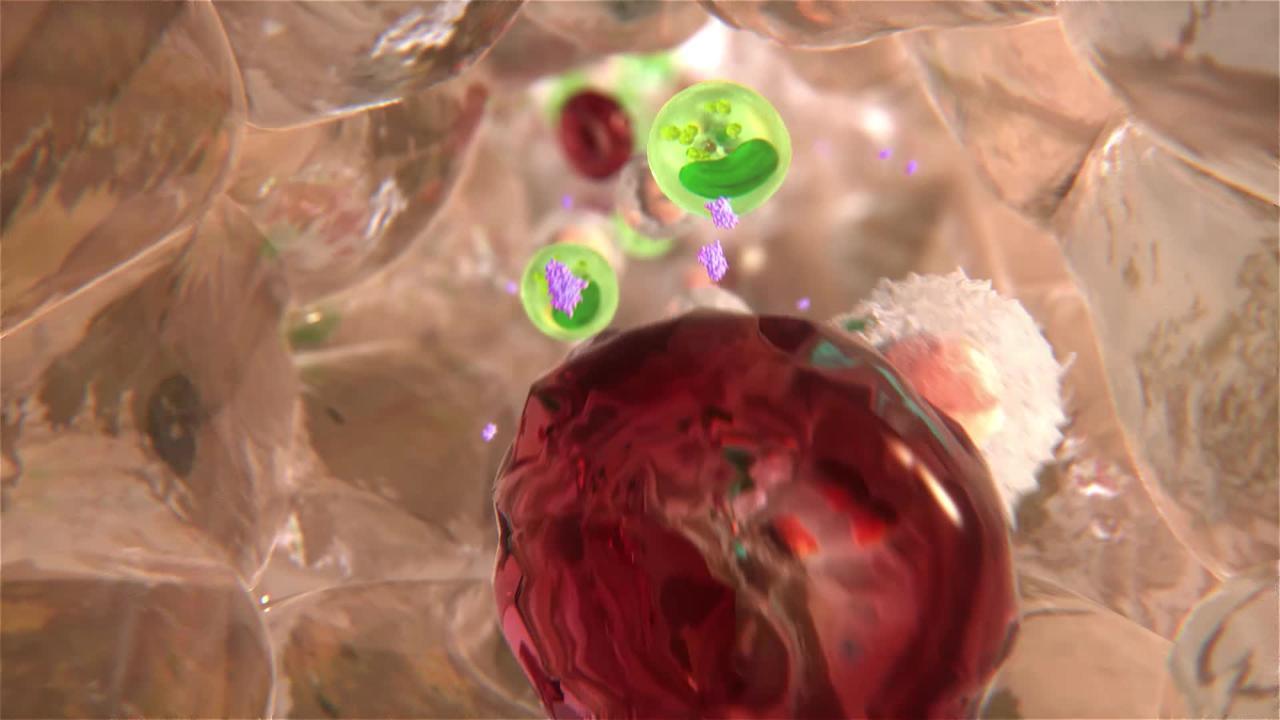Topic Resources
What is central diabetes insipidus?
Central diabetes insipidus is not having enough of a hormone called vasopressin. Hormones are chemicals that stimulate other cells or tissues into action. Vasopressin is a hormone that signals your kidneys to make less urine (pee) so your body retains water. Vasopressin is made in part of your brain called the hypothalamus, and then it's stored and released from your pituitary gland. The hypothalamus and pituitary are both located at the bottom of your brain.
Having low levels of vasopressin makes you urinate a lot so you get very thirsty
Central diabetes insipidus is usually caused by a brain problem, such as a tumor or injury, or brain surgery
Doctors do urine tests and blood tests after you've gone without drinking water for about 12 hours
Doctors usually treat central diabetes insipidus with vasopressin nasal sprayDoctors usually treat central diabetes insipidus with vasopressin nasal spray
Central diabetes insipidus is different from the common disease called diabetes, in which your blood sugar is too high. That blood sugar disease is diabetes mellitus. Other than making you urinate a lot, diabetes insipidus has nothing to do with diabetes mellitus.
What causes central diabetes insipidus?
Causes of central diabetes insipidus include:
Accidental damage to your pituitary gland during surgery
A brain injury, especially a fracture to the base of the skull
A brain tumor
Blocked blood flow to your brain
Encephalitis (swelling of your brain caused by an infection)
What are the symptoms of central diabetes insipidus?
Symptoms of central diabetes insipidus include:
Extreme thirst, especially for ice cold water—some people drink up to 10 gallons a day
Urinating very often (including waking up at night to urinate)
If you don't have enough water in your body, you may get dehydrated. This can cause dangerously low blood pressure.
How can doctors tell if I have central diabetes insipidus?
Doctors test for central diabetes insipidus using:
Urine tests
Blood tests
Doctors do the blood and urine tests while you're not drinking any water. You may have to go without drinking for up to 12 hours (a water deprivation test). If you keep peeing despite not drinking anything, you may have central diabetes insipidus. Then doctors give you a shot of vasopressin and see how your body reacts.Doctors do the blood and urine tests while you're not drinking any water. You may have to go without drinking for up to 12 hours (a water deprivation test). If you keep peeing despite not drinking anything, you may have central diabetes insipidus. Then doctors give you a shot of vasopressin and see how your body reacts.
How do doctors treat central diabetes insipidus?
Doctors treat central diabetes insipidus using one of the following:
Nasal spray with desmopressin (a long-acting form of vasopressin)Nasal spray with desmopressin (a long-acting form of vasopressin)
Medicine to help your body make vasopressin

